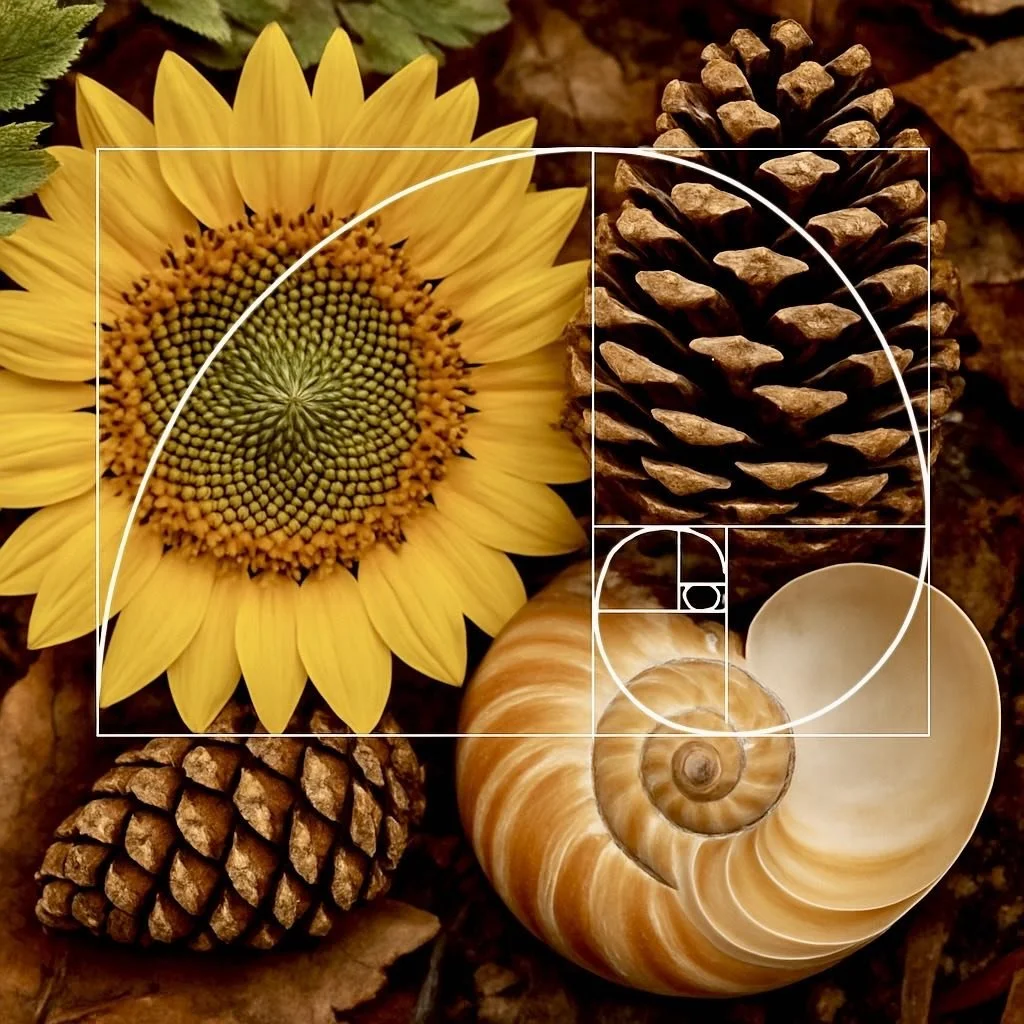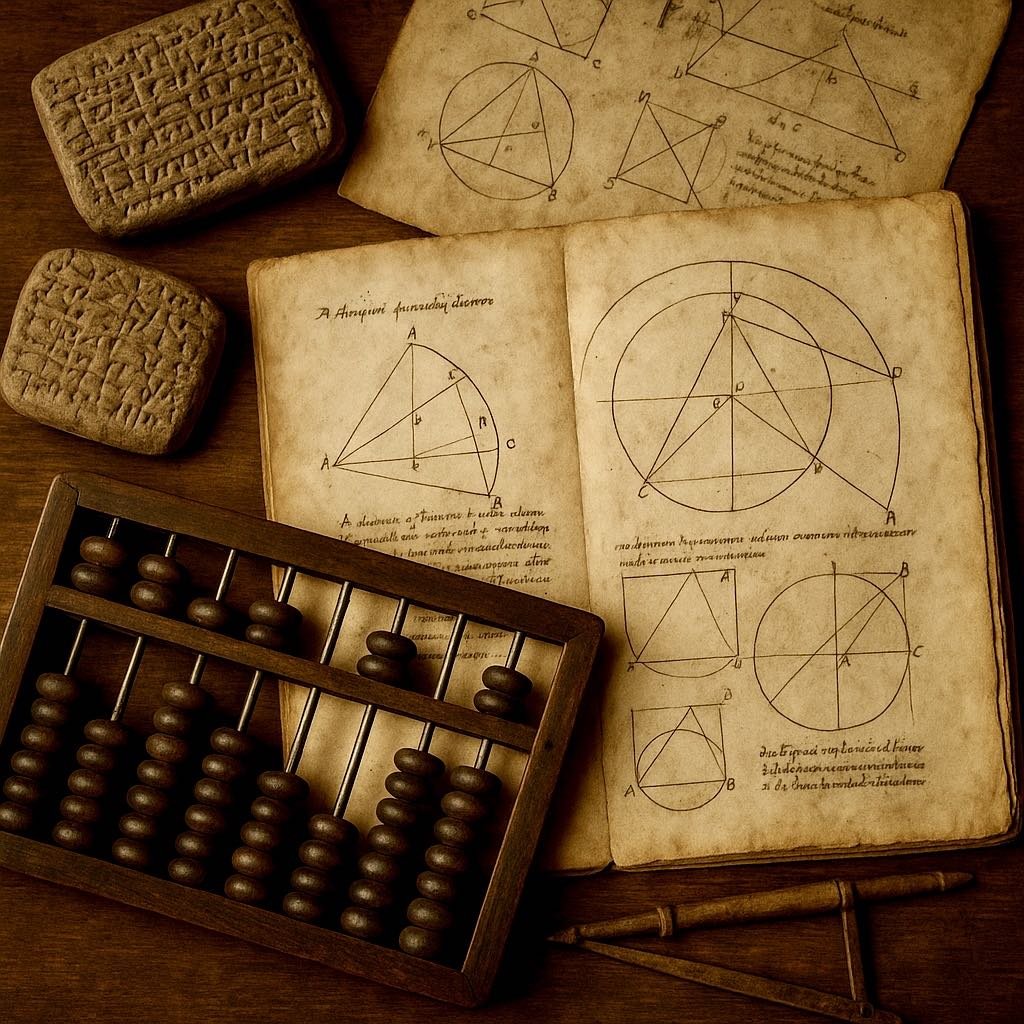Is mathematics invented or discovered?
A deep question with no easy answer — and that’s what makes it brilliant.
At first glance, mathematics seems so certain. Two plus two is four. A triangle’s angles always add up to 180°. The square root of 2 is irrational. Solid, clean, dependable.
But underneath the surface of all that certainty lies a big philosophical question that has puzzled mathematicians and philosophers for centuries:
Is mathematics invented — something humans made up?
Or is it discovered — something that already exists, waiting for us to find it?
If you’ve ever stared at an equation and thought, “Who even came up with this?”, you’re asking the right kind of question. Let’s explore both sides of the argument.
The case for mathematics being discovered
This view says maths exists independently of us. We don’t create it — we just find it, like explorers uncovering ancient ruins.
Think about this:
No matter who you are or where you live, 2 + 2 = 4. It would be true on Earth, Mars, or in another galaxy.
Mathematicians from completely different cultures (e.g. Greeks, Indians, Arabs) often arrived at the same results independently.
The Fibonacci sequence appears in pinecones, sunflowers, and shells — long before anyone gave it a name.
According to this view, mathematics is like a universal language that nature speaks. The laws are already there — we just figure them out gradually, like archaeologists brushing dust off ancient truth.
This explains why maths is so powerful in science. Equations that describe gravity, electricity, or black holes seem to reflect reality, not just human ideas.
The case for mathematics being invented
On the other hand, some argue that maths is a human creation — a tool we designed to help us describe and make sense of the world.
Consider this:
Humans decided that we’d use base-10 numbers (likely because we have 10 fingers). Other cultures have used base-60, base-12, or base-2 (binary).
We created symbols and notation. The equals sign (=), square root (√), π — all invented by people to make things easier to work with.
New areas of maths are being developed all the time — like non-Euclidean geometry or imaginary numbers. If we can create new kinds of maths, doesn’t that suggest it’s invented?
In this view, maths is a kind of mental technology — not something “out there” in the universe, but something we build in our minds to solve problems. It’s like chess or language — internally logical, but still our own invention.
So… which is it?
Here’s the fun (and frustrating) part: no one really knows.
Some thinkers (like Plato) believed maths exists in a perfect world of ideas, waiting for us to discover it. Others argue it’s all a brilliant illusion — a set of patterns we’ve invented that just happen to work really well.
The truth might be somewhere in between.
Maybe the structures of mathematics are out there — but we choose how to describe and organize them.
Maybe the universe behaves in a mathematical way — and we’ve invented maths as the best way to talk about it.
Either way, this question takes us beyond numbers and into philosophy, logic, and the nature of reality.
Why this question matters
This isn’t just a deep academic debate — it changes how we see maths.
If maths is discovered, then every new theorem is like uncovering a secret of the universe.
If maths is invented, then we’re more like artists or designers — shaping ideas to fit our needs.
And if it’s a bit of both? Then maths is a kind of creative exploration — a partnership between the human mind and the world around us.
Final thought: what do you think?
So… is maths invented or discovered?
There’s no exam mark for this one. No right answer in the back of the book. Just your opinion, your reasoning, and your curiosity.
Maybe the most mathematical thing of all is not just solving problems — but asking the biggest, weirdest, most mind-expanding questions.
So go ahead: take a walk, stare at the stars, play with a puzzle, and wonder — what else is out there waiting to be discovered (or invented)?



